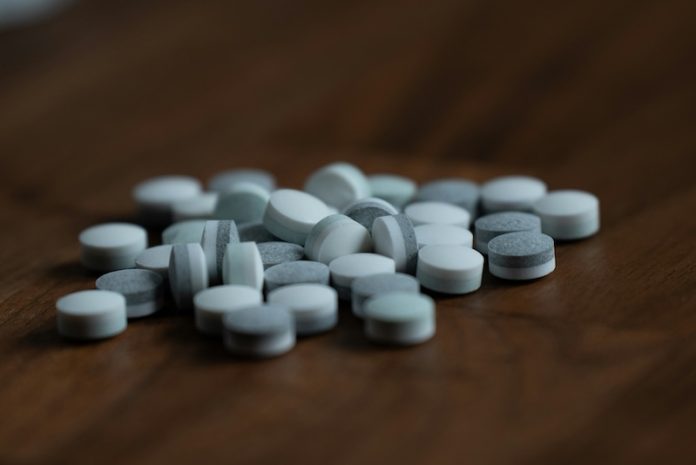
Antidepressants can be life-changing for people dealing with depression, anxiety, and other mood disorders. But one of the biggest concerns for many people is the side effects. Some people stop taking their medication early, not because it doesn’t work, but because the side effects are too uncomfortable.
That’s why researchers have studied which antidepressants tend to cause the fewest side effects—and which ones people are most likely to stick with.
Over the years, many types of antidepressants have been developed. The most commonly used today are SSRIs (selective serotonin reuptake inhibitors), SNRIs (serotonin-norepinephrine reuptake inhibitors), atypical antidepressants, and a few older ones like tricyclic antidepressants and MAOIs.
Each works differently in the brain, and each has its own side effect profile. But when it comes to gentleness and tolerability, a few stand out.
One of the most well-known studies comparing antidepressants is a large review published in The Lancet in 2018. Researchers analyzed data from over 500 clinical trials involving more than 100,000 people. They compared 21 antidepressants based on how well they worked and how many people stopped taking them due to side effects.
This study found that escitalopram (Lexapro), sertraline (Zoloft), and agomelatine were among the most tolerable options, meaning people were less likely to quit them because of unpleasant side effects.
Escitalopram and sertraline are both SSRIs. They are known to cause fewer side effects compared to older antidepressants, and their most common issues—like nausea, headache, or sleep changes—tend to be mild and often improve after the first few weeks.
These medications are also less likely to cause weight gain or severe fatigue than some other antidepressants. However, they can sometimes reduce sexual desire or cause sexual side effects, which is a concern for some people.
Agomelatine is a newer antidepressant that works differently from SSRIs. It affects melatonin and norepinephrine in the brain, helping with mood and sleep. One reason agomelatine stands out is that it doesn’t usually cause sexual side effects or weight gain.
In fact, many people taking it report improved sleep without feeling groggy during the day. However, agomelatine is not available everywhere, and it may require regular liver function checks.
Another gentle option is bupropion (brand name Wellbutrin). This medication works on dopamine and norepinephrine and is often used for people who have not responded well to SSRIs. It tends to cause fewer sexual side effects and may even help with energy and focus.
It’s also used to help people quit smoking. However, bupropion can cause insomnia or anxiety in some people, especially at higher doses.
In general, older antidepressants like tricyclics (e.g., amitriptyline) and MAOIs are less tolerated because they can cause more severe side effects, such as dizziness, dry mouth, weight gain, and interactions with certain foods or medications. These are usually not the first choice anymore unless newer medications have failed.
It’s important to remember that everyone reacts differently to medication. A drug that causes no problems for one person might not work or feel uncomfortable for someone else. That’s why it often takes some trial and error—with support from a doctor—to find the right fit. It also helps to start at a low dose and increase gradually, giving the body time to adjust.
In summary, based on current research, antidepressants like escitalopram, sertraline, agomelatine, and bupropion are among the best tolerated by most people. They tend to have fewer side effects, and people are more likely to keep taking them.
But the “best” antidepressant is always the one that works well for you personally, with the fewest unwanted effects. Working closely with a healthcare provider makes this journey safer and more successful.
If you care about depression, please read studies about how dairy foods may influence depression risk, and B vitamins could help prevent depression and anxiety.
For more information about mental health, please see recent studies that ultra-processed foods may make you feel depressed, and extra-virgin olive oil could reduce depression symptoms.
Copyright © 2025 Knowridge Science Report. All rights reserved.



